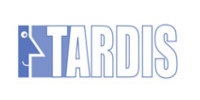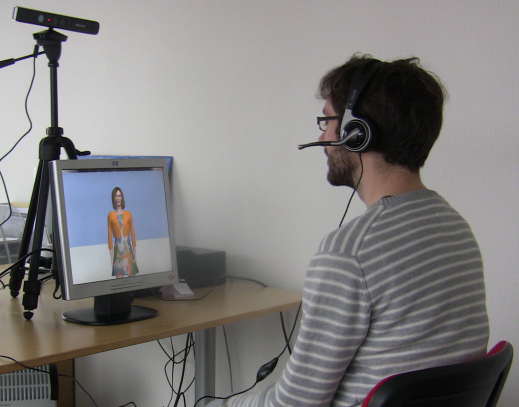

The number of young people not in employment, education or training (NEET) is increasing across Europe. Current research reveals that NEETs often lack self-confidence and the essential social skills needed to seek and secure employment. Youth inclusion associations across Europe provide social coaching programmes, in order to help young people, acquire and improve their social competencies. However, it is an expensive and time-consuming approach that relies on the availability of trained practitioners as well as the willingness of the young people to engage in exploring their social strengths and weakness in front of their peers and practitioners. Digital technologies such as serious-games offer the advantage of repeatable experience that can be modulated to suit the individual needs of the young people. Additionally, such technologies are intrinsically motivating to the young and carry the potential of removing the many barriers that real-life situations may pose, in particular the stress associated with engaging in unfamiliar interactions with others.
TARDIS (Training young Adult's Regulation of emotions and Development of social Interaction Skills) aims to build a scenario-based serious-game simulation platform for young people at risk of exclusion, aged 18-25, to explore, practice and improve their social skills. TARDIS will facilitate the interaction through virtual agents (VAs) acting as recruiters in job interviews scenarios. The VAs are designed to deliver realistic socio-emotional interactions and are credible, yet tireless interlocutors.
TARDIS offers three major innovations. First, it will be able to detect in real-time user’s emotions and social attitudes through voice and facial expression recognition, and to adapt the progress of the game and the behaviour virtual interlocutor’s behaviour to the individual users. Second, it will provide field practitioners with an intuitive authoring tool for designing appropriate interview scenarios and for setting agents’ behaviours without the help of computer scientists. Third, it will give practitioners a unique access to a systematic record of the specific difficulties that the users experience. This will offer new instruments for practitioners to measure individual’s progress in emotion regulation and social skill acquisition, thus facilitating reflection on their own practice and enabling a more flexible and personalised coaching for young people at risk of social exclusion.